10 players whose reputations were ruined after moving to England
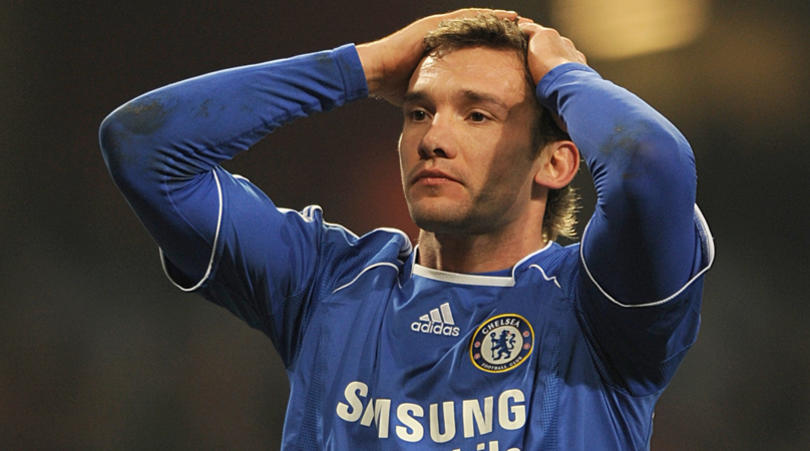
...but can he do it on a wet Wednesday in Stoke?
The Premier League draws some of the finest footballers from all over the world to these shores to wow and delight the supporters, but it doesn’t always work out. England is often regarded as the place to be for footballers, but often ends up as an elephant’s graveyard for some of the most talented players around.
From prolific strikers and creative wizards ‘over there’ to quivering wrecks incapable of completing a sideways pass or finding an effort on target over here, we take a look at those supposedly elite players who, for whatever reason, probably wish they’d never set foot on English soil.
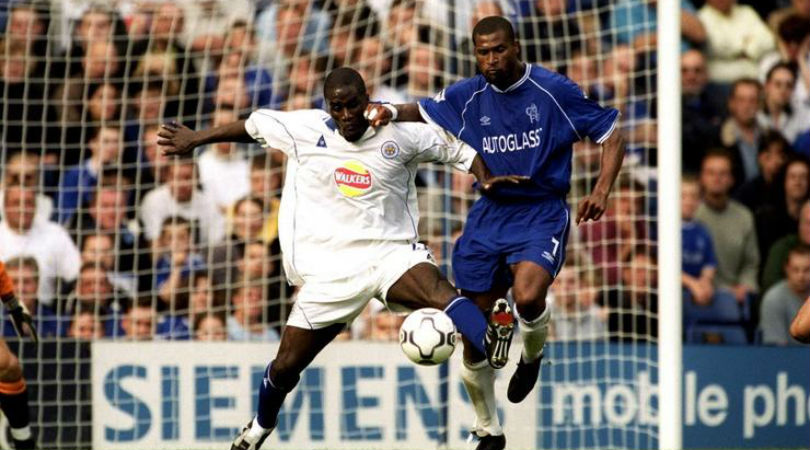
Winston Bogarde (Chelsea)
Dutch international had previously impressed at European giants Ajax and Milan, and looked to be a shrewd bit of business when he arrived in West London in September 2000. But after Claudio Ranieri replaced Gianluca Vialli as Chelsea manager, Bogarde fell out of favour – and didn't play a single league game in the last three seasons of his four-year contract.
In a 2015 interview with the Guardian, Bogarde stated that Chelsea’s hardline approach stopped him from joining another club on loan. “A club could not pay my whole salary, they could maybe pay 70%,” he said. “They asked Chelsea to pay the other 30%, and they said: ‘No. If you want to take him it’s going to be 100% or nothing.’ Of course [I would have taken that cut]. For a player, for me, it’s terrible not to play. Yet I had to return for training.”
Instead, the defender pocketed his £40,000-per-week salary and barely played. When his four-year deal eventually expired, Bogarde promptly retired.
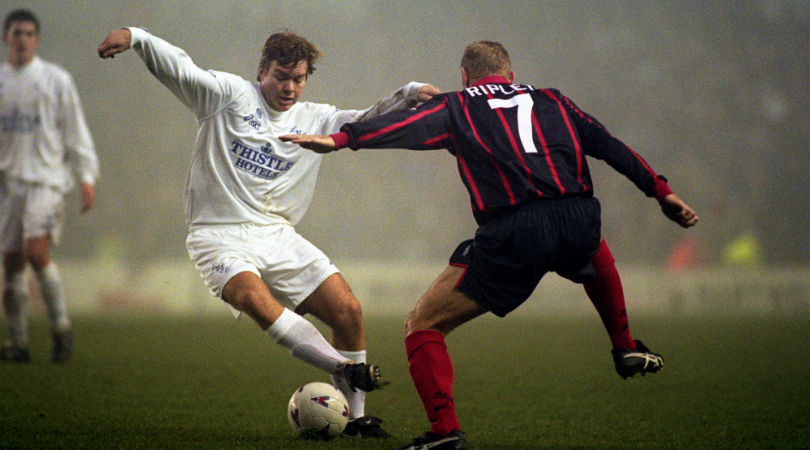
Tomas Brolin (Leeds and Crystal Palace)
The creative force in that superb Swedish national side that boasted the likes of Henrik Larsson, Martin Dahlin and Thomas Ravelli, Brolin arrived in West Yorkshire having dazzled at Euro ’92 and USA 94.
Yet it all went horribly wrong. Injuries and poor form scuppered his progress, as Brolin piled on the pounds and failed to make any sort of impression at Elland Road. Then followed a wretched spell at Crystal Palace; overweight yet somehow in the Eagles' side for the final half of 1997/98 thanks to injuries, he played 13 games as the south-east Londoners were relegated. After Palace he played one more match in his career, for Swedish side Hudiksvalls A.B.K. As a goalkeeper.
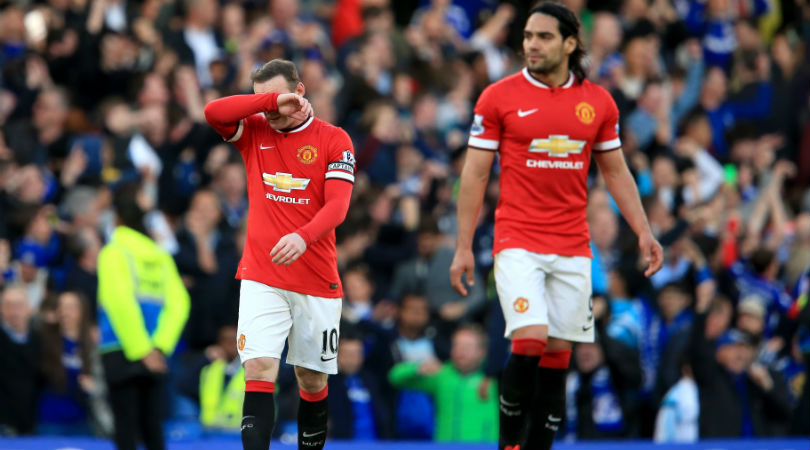
Radamel Falcao (Manchester United and Chelsea)
By the standards of any striker, four goals in 29 games is a paltry return; factor in an estimated £285,000-per-week salary and Falcao's time at Old Trafford can only be described as calamitous. A subsequent loan spell at Chelsea, comprising one strike in 10 outings, was an even further cry from his goal-laden exploits with Atletico Madrid. He has managed to resurrect his career since heading back to Monaco following his horror show in the Premier League, firing Les Monégasques to the Ligue 1 title ahead of PSG last season with 21 league goals in 22 starts and starring as his side lit up in the Champions League.
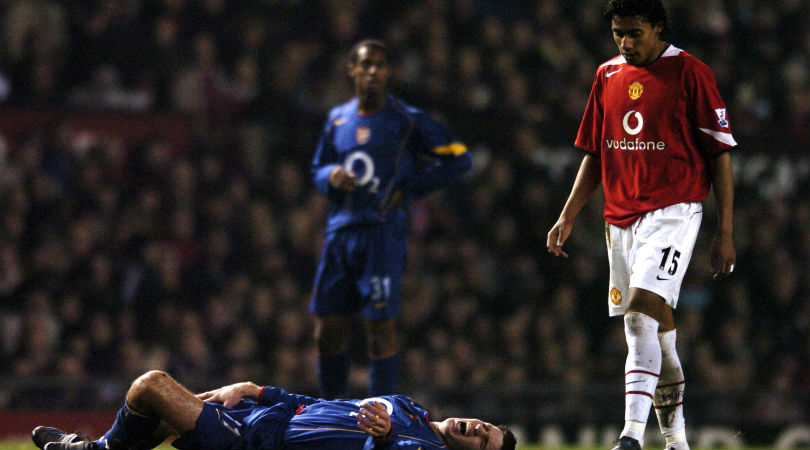
Kleberson (Manchester United)
Having played a key role in Brazil’s 2002 World Cup-winning squad, Kleberson arrived at Old Trafford in 2003 to the sound of Alex Ferguson claiming he could become a "true United great".
It never quite worked out for the former Atletico Paranaense man though, with Kleberson later conceding that he never got to grips with the pace of English football. After a short spell in the Turkish Super Lig with Besiktas, Kleberson recrossed the Atlantic: initially to Brazil, but he can now be found on the coaching staff at Philadelphia Union Academy.
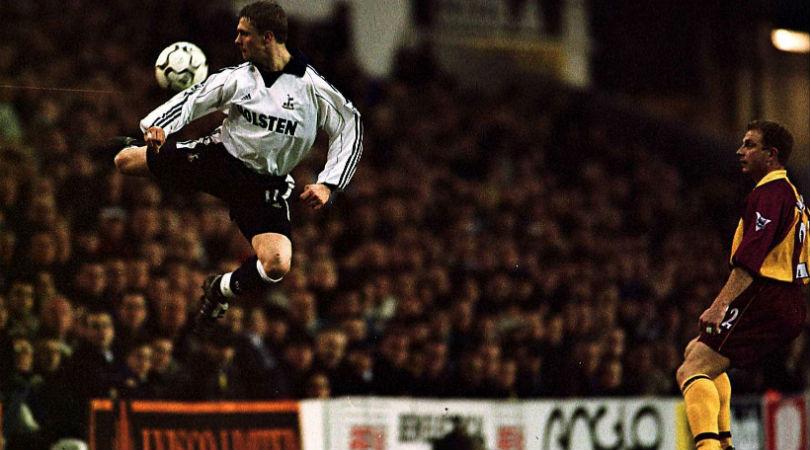
Sergei Rebrov (Tottenham and West Ham)
Rebrov was far from the only player to fall out with George Graham or Glenn Hoddle, but his failure to see eye-to-eye with successive Spurs managers hindered any chance of a successful career in North London. A distinctly modest return of 10 goals in 60 league matches (and a forgettable loan spell with Turkish side Fenerbahçe) was positively prolific compared with his West Ham return of two goals from 27 games.
Upon the completion of his underwhelming spell in England he went back to Dynamo before finishing his career with Rubin in the Russian Premier League. He’s now head coach at Saudi side Al Ahli, having coached Dynamo Kyiv to a couple of league titles back in his native Ukraine.
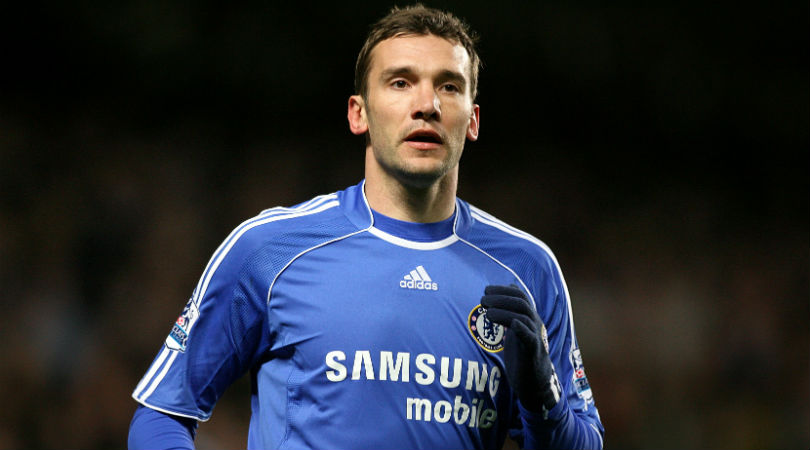
Andriy Shevchenko (Chelsea)
A present from Chelsea owner Roman Abramovich to coach Jose Mourinho, Sheva cost a then British transfer record £30m. Instead of being the prolific striker he had been at Milan – Shevchenko remains the all-time top goal-scorer in the Derby della Madonnina and second-highest scorer in Milan’s history – he was a complete flop at the Bridge, scoring just nine goals in 47 Premier League appearances.
"Not for one second did I fit in with Chelsea's style," admitted the Ukrainian, who re-joined Milan on loan for the 2008/09 season and then ended his career at first club Dynamo Kyiv. He quit the game in 2012 to go into politics but his party, Ukraine – Forward!, failed to win parliamentary representation. He is now manager of the Ukraine national team.
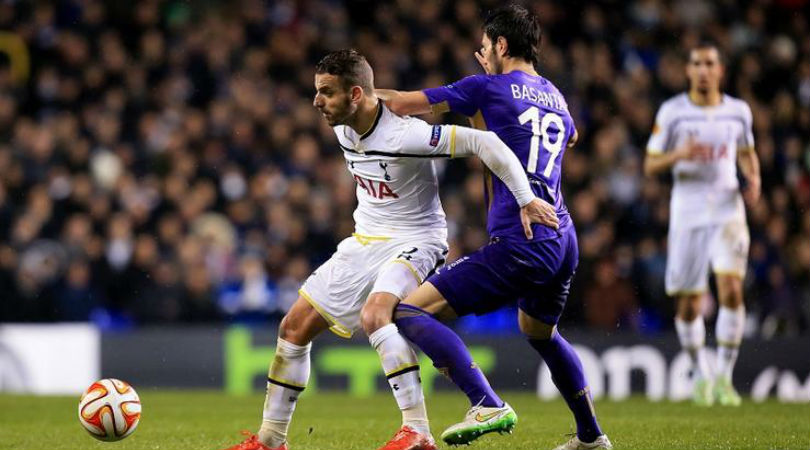
Roberto Soldado (Tottenham)
Roberto Soldado joined Spurs on the back of three excellent years at the Mestalla with Valencia, his home-town club, notching 81 goals in 141 matches in all competitions. He scored the winner on his debut against Crystal Palace but a record of seven goals in 52 appearances over two seasons saw him head back to Spain with Villarreal. After a couple of indifferent seasons with the Yellow Submarine, Soldado joined Istanbul giants Fenerbahce last year where his goal-scoring record is yet to improve. The high point of his career came almost a decade ago when he won La Liga with Real Madrid but only managed five appearances for Los Merengues before being shipped out to Getafe.
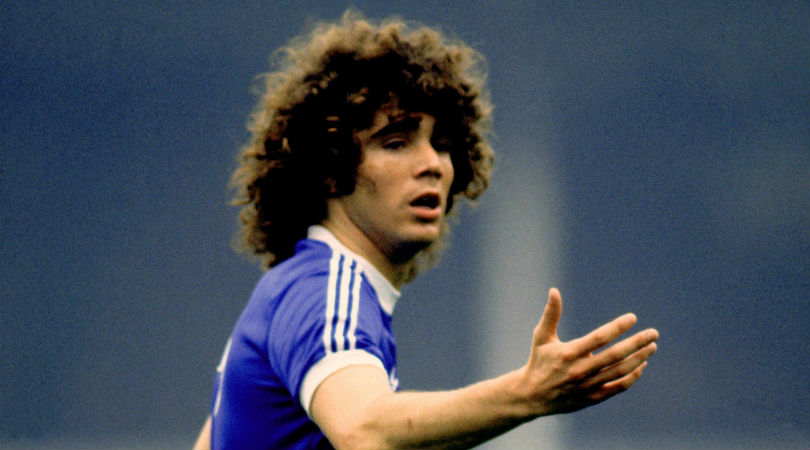
Alberto Tarantini (Birmingham)
If Blues supporters hoped that Tarantini could make a similarly huge impression in England’s second city as his Argentina teammates Ossie Ardiles and Ricky Villa at Spurs, they were in for a rather unpleasant surprise. Despite winning the Copa Libertadores with Boca in 1977 and the World Cup with Argentina the following year, his time in England is best remembered for his meltdown with Manchester United defender Brian Greenhoff and for wading into the crowd to take on a heckler. He returned to Argentina the summer after he arrived initially with Talleres de Cordoba and then River Plate before heading back to Europe with Bastia and Toulouse in France, finishing his career with St Gallen in Switzerland.
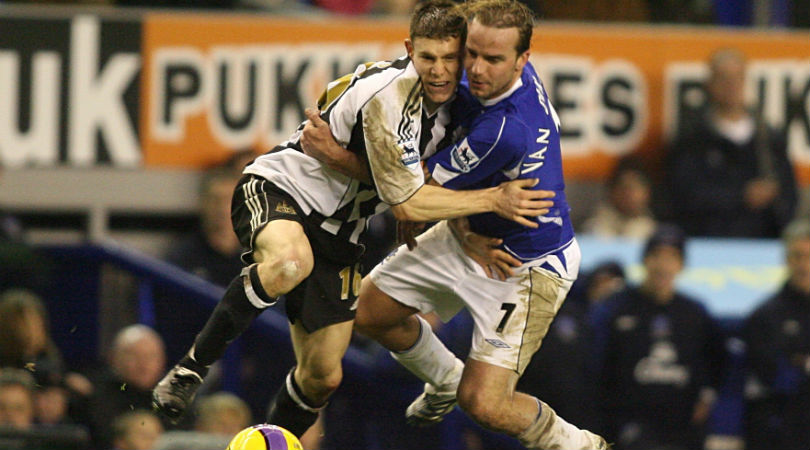
Andy van der Meyde (Everton)
Things were looking good on the blue half of Merseyside when Andy van der Meyde signed in 2005. Everton were in the Champions League qualifiers and the player himself, having gone through the system at Ajax before spending a couple of seasons at Inter, had helped the Netherlands to the Euro 2004 semi-finals.
By contrast, his time at Everton consisted of 20 games over four seasons before he was released in 2009 – but it was a lot more complicated than a mere loss of form. "I left my family and my kids because they weren't in England and I fell in love with somebody else," Van der Meyde later told the BBC, discussing his subsequent troubles with drink and drugs. “At the time I was not thinking straight."
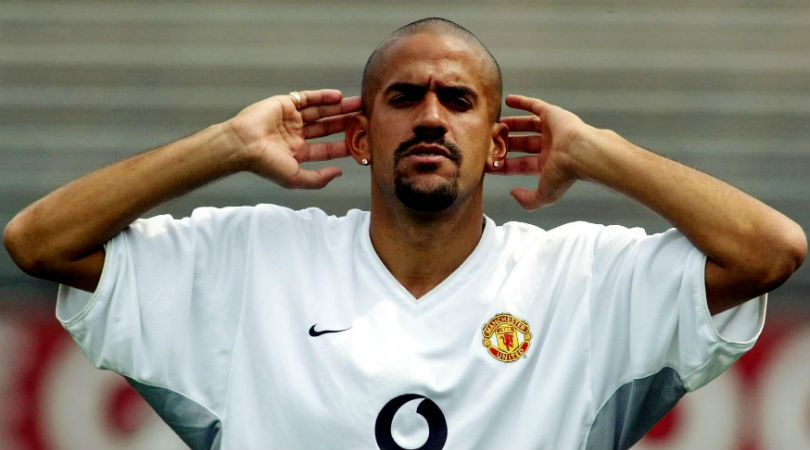
Juan Sebastian Veron (Manchester United and Chelsea)
A player of undoubted ability, Argentinian international Veron arrived at Old Trafford in 2001 having spent the previous five years with Sampdoria, Parma and Lazio in Serie A. When a group of journalists questioned Veron’s ability to adapt to the pace of the Premier League, Sir Alex Ferguson politely replied “He’s a f**king great player, and yous are all f**king idiots”.
Turns out those hacks had a point. Despite a strong start and flashes of his genius, he did struggle to fit in at United in the two seasons he spent in England’s northwest; he was blamed by fans for Fergie's switch away from "the United Way" of playing 4-4-2. His move to Chelsea was even worse – he made just 14 appearances – before hotfooting it back to Italy with Inter for a year.
He then returned to his first club Estudiantes in 2006 where he saw out his playing career before becoming club chairman.
